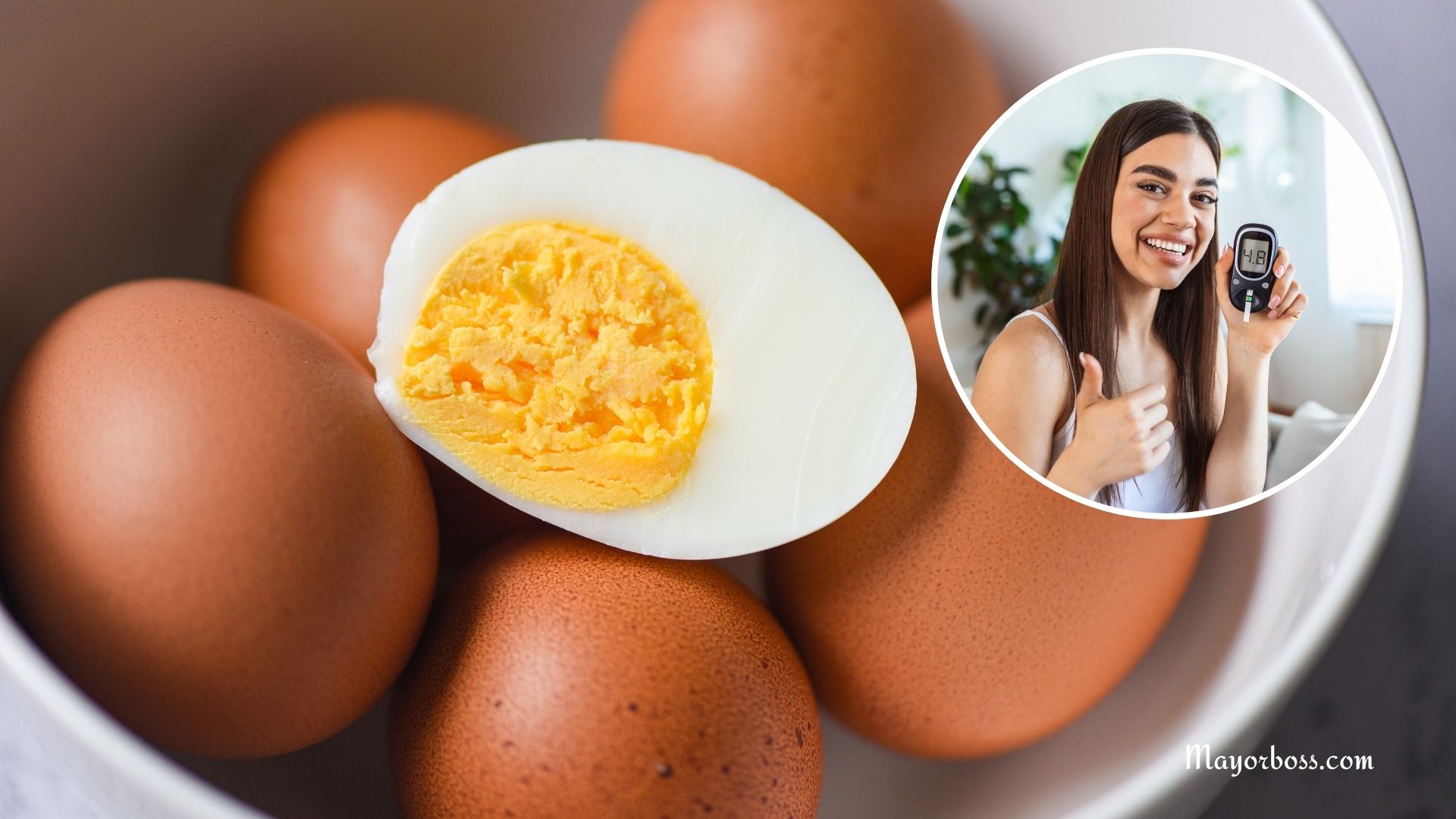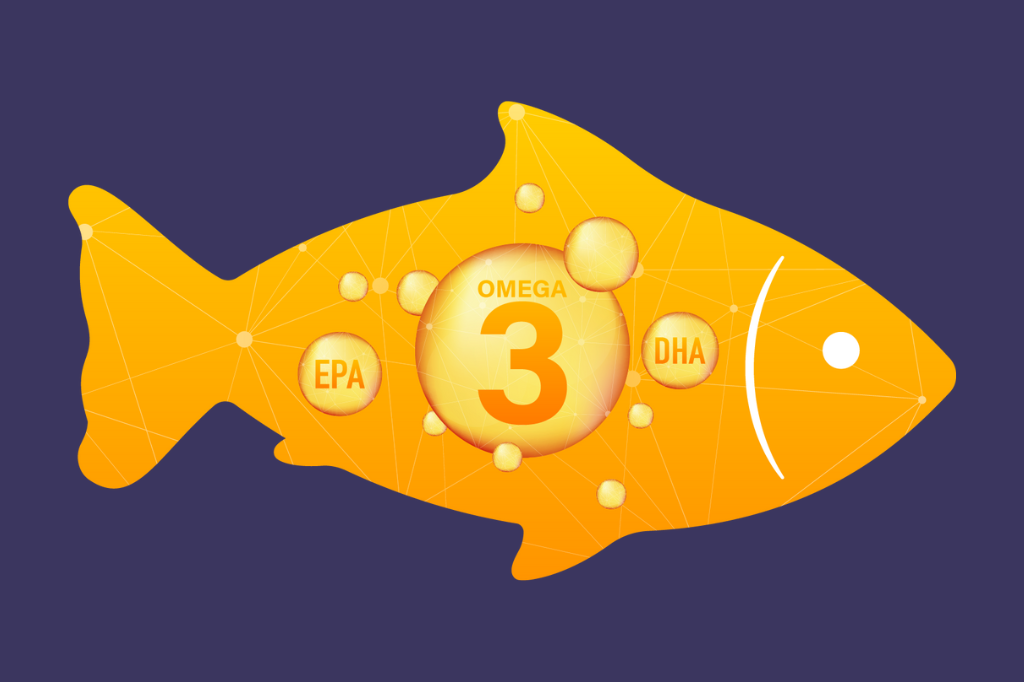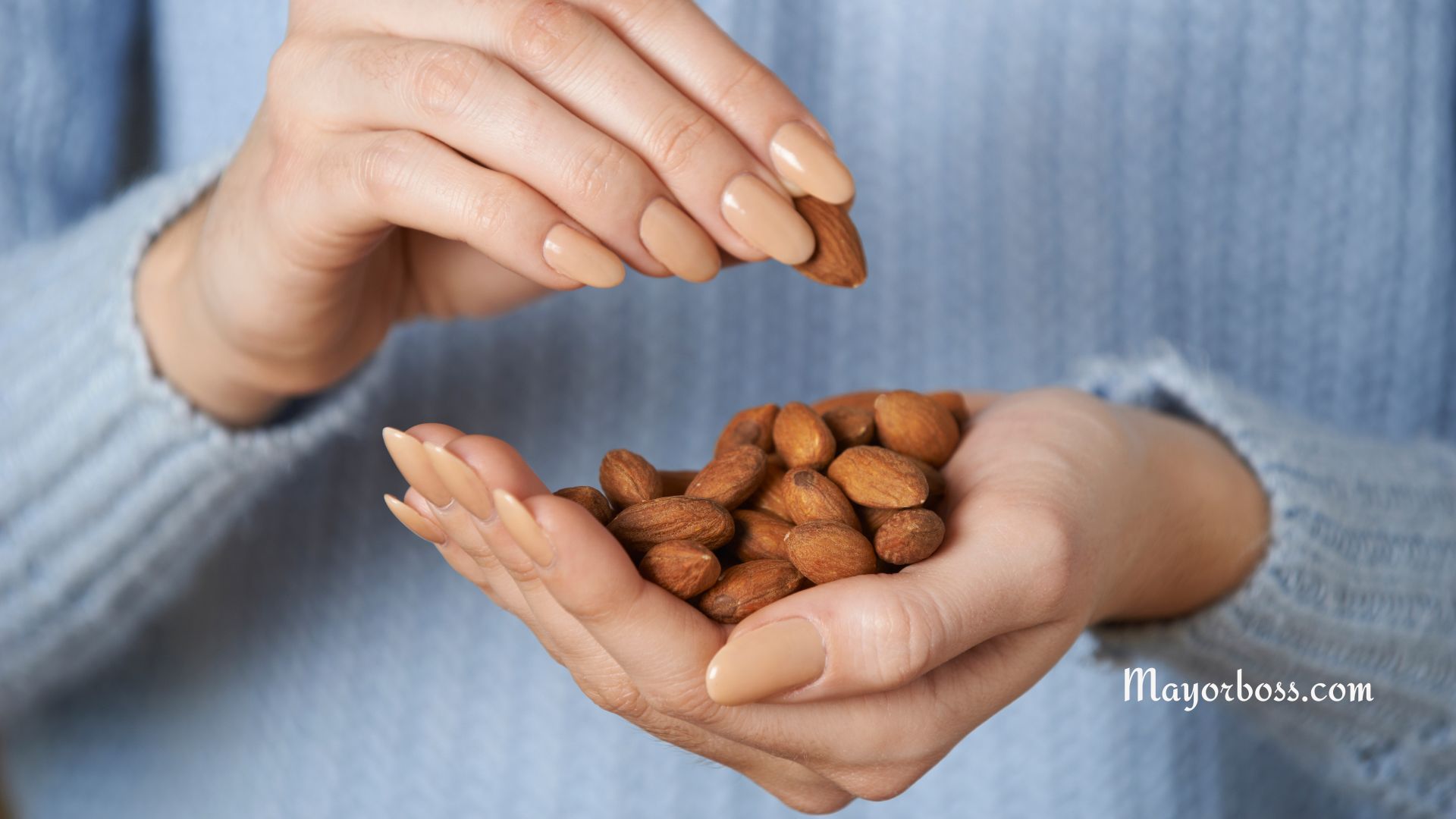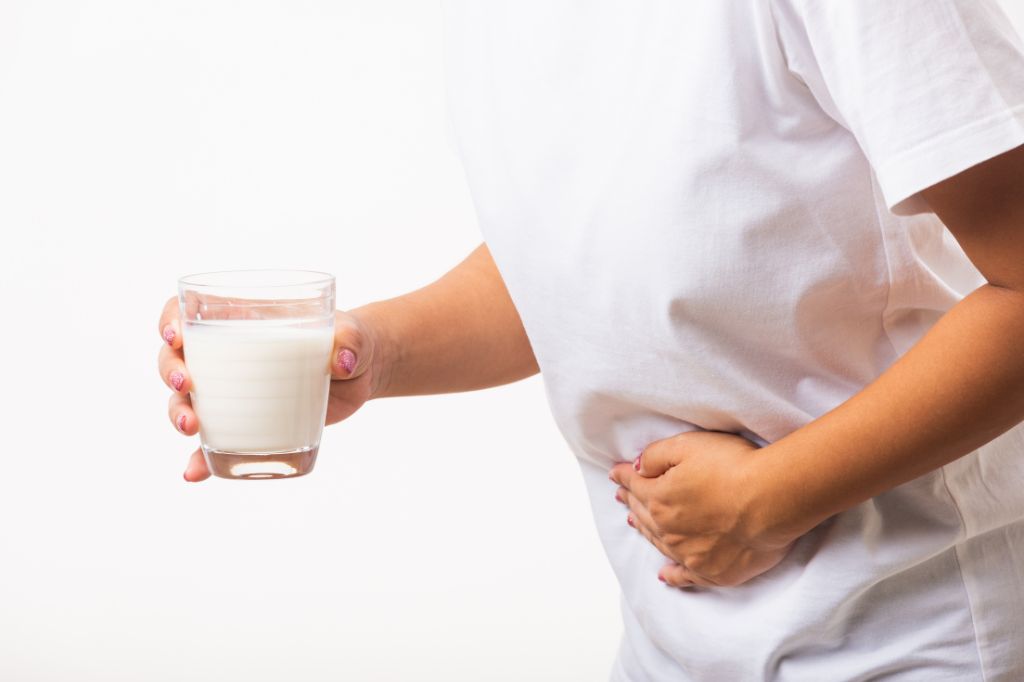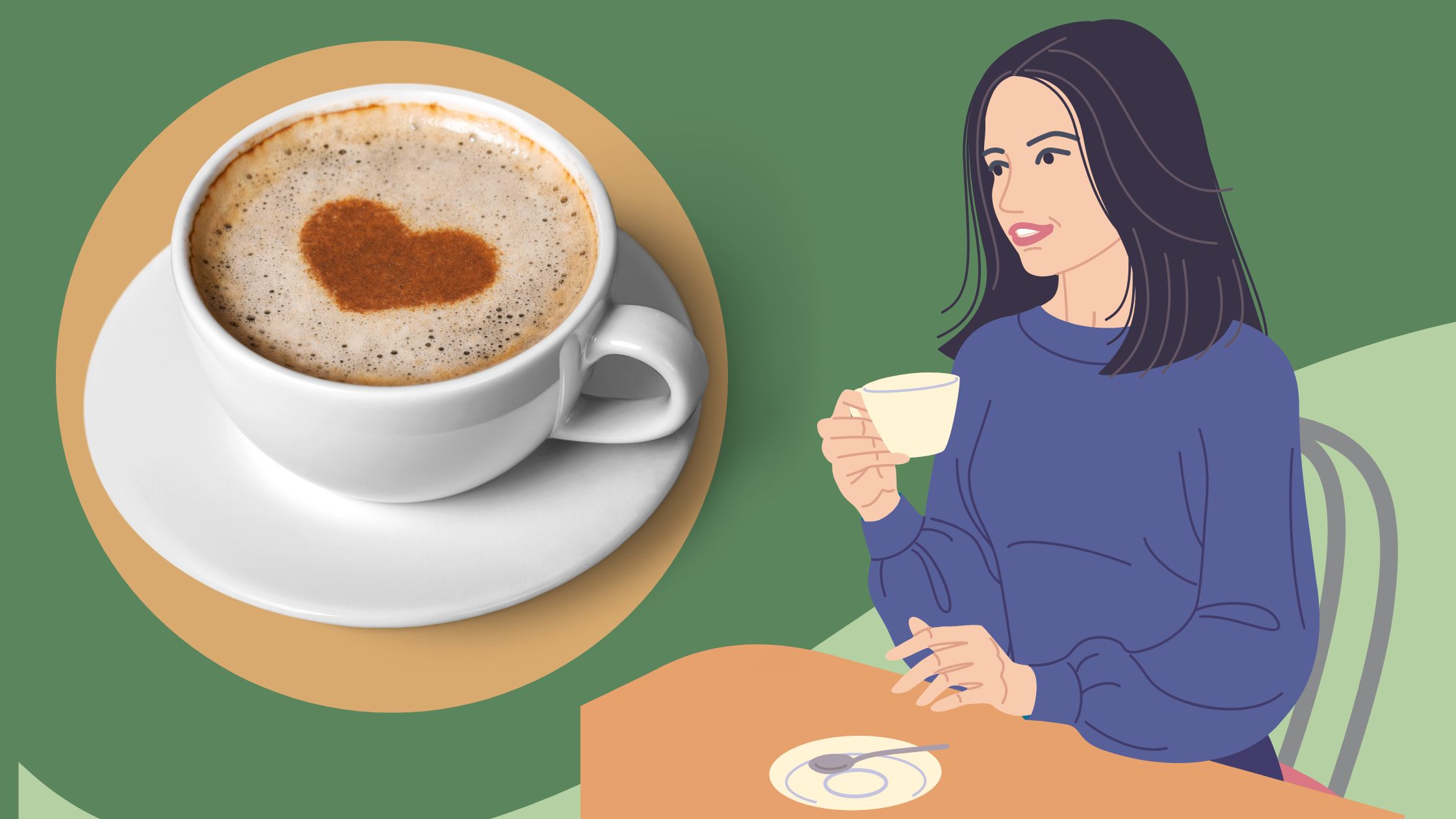14 Foods You Should Never Eat If You Have High Blood Pressure
If you’re dealing with high blood pressure, also known as hypertension, it’s time to start paying closer attention to what’s on your plate. Hypertension isn’t just a random spike in blood pressure — it’s a long-term condition that can seriously affect your heart, arteries, and overall health if left unchecked. According to the
National Library of Medicine’s MedlinePlus, managing what you eat can make a significant difference in controlling hypertension. And that means some foods need to be avoided at all costs. In this guide, let’s break down 14 foods that you should steer clear of if you want to keep your blood pressure in check.
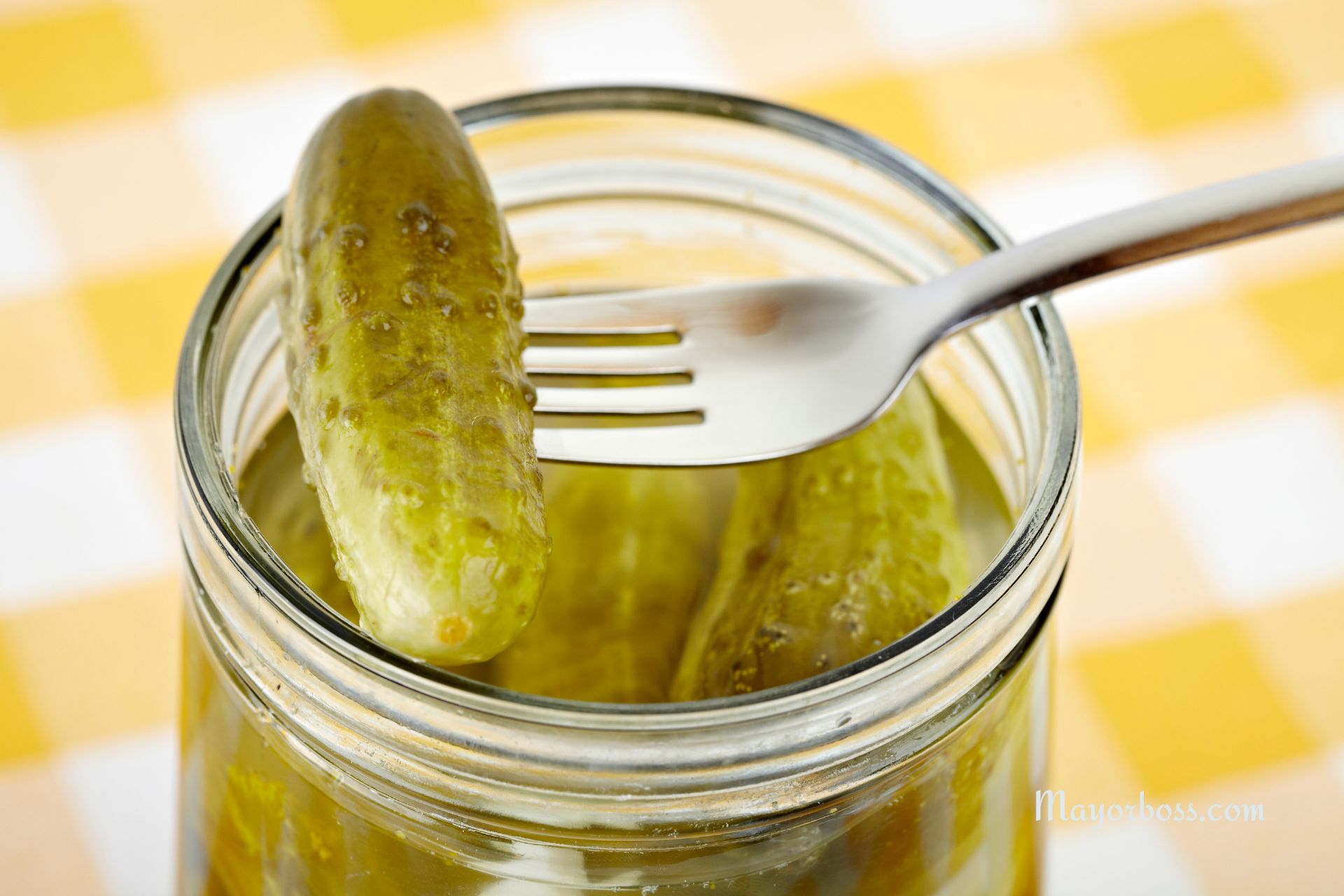
Packaged and Processed Foods Are a Sneaky Salt Bomb
Packaged snacks, frozen dinners, and pre-made meals might seem convenient, but they’re filled with sodium — the one thing that’s directly linked to raising your blood pressure. The American Heart Association recommends limiting sodium to less than 2,300 mg per day, ideally aiming for 1,500 mg for those with hypertension. But most processed foods contain way more than that in just one serving.
Canned Soups Seem Healthy, but They’re Packed With Sodium
You might think that soup is a wholesome meal, but canned soups are notorious for their high sodium content. Even the “healthy” or “low-fat” versions often pack a ton of salt to maintain flavor. Just one can of soup can deliver up to 1,000 mg of sodium or more, which is half your daily recommended intake.
Pickles Sound Healthy, But They Can Spike Your Sodium Levels
Pickles are low in calories and seem harmless, but the brining process involves soaking cucumbers in salt water, which makes them a sodium-heavy snack. According to Healthline, just two small spear pickles can contain more than 600 mg of sodium. If you have high blood pressure, regularly munching on pickles could be doing more harm than good.
Deli Meats Are Convenient, But They’re Full of Sodium and Preservatives
Deli meats, including turkey, ham, and salami, might seem like a quick protein fix, but they are heavily processed with preservatives and loaded with sodium. The U.S. Department of Agriculture reports that just two ounces of deli meat can have over 250 mg of sodium. It’s easy to see how a sandwich could push you over your daily sodium limit.
Frozen Pizzas Are a Bad Choice for Hypertension
Sure, they’re quick and easy, but frozen pizzas are often loaded with sodium, preservatives, and trans fats. From the crust to the toppings, every part of a frozen pizza can contribute to higher blood pressure. According to Healthline, a single slice of frozen pizza can have over 764 mg of sodium.
Cheese Might Be Delicious, But It’s Loaded With Salt
Cheese is often a hidden source of salt that many don’t consider when watching their sodium intake. Hard and processed cheeses, like cheddar or American, can have up to 400 mg of sodium in just one ounce. The National Institutes of Health (NIH) suggests that people with high blood pressure should limit their cheese consumption or opt for low-sodium varieties.
Bread and Rolls Are More Than Just Carbs. They Pack Sodium Too
Bread may not taste salty, but it’s one of the top sources of sodium in our diets. A single slice of bread can have 150 to 200 mg of sodium, which adds up if you’re eating multiple servings a day. Per the Mayo Clinic, cutting down on bread and other baked goods can make a significant impact on your daily sodium intake.
Sauces and Condiments Often Hide Huge Amounts of Salt
Ketchup, soy sauce, salad dressings, and other condiments are often forgotten when tracking sodium intake, but they can add up fast. A tablespoon of soy sauce alone can have around 900 mg of sodium, making it a dangerous choice for those managing high blood pressure. Look for low-sodium alternatives, or use fresh herbs and spices to add flavor instead.
Frozen Meals Are Convenient, but They’re Sodium Traps
Whether it’s a TV dinner or a quick microwave meal, frozen entrees are often packed with sodium and preservatives to keep them flavorful after long periods in the freezer. One study found that many frozen meals contained between 500 to 1,800 mg of sodium per serving. If you’re living with high blood pressure, these quick meals could be working against you.
Bacon and Sausage Are Loaded With Fat and Salt
It’s no secret that bacon and sausage are high in fat, but they’re also sodium-heavy. These processed meats are often cured with salt, adding hundreds of milligrams of sodium per serving. According to UCLA Health, eating too much-processed meat can lead to a spike in blood pressure, so it’s best to limit or eliminate these from your diet.
Fried Foods Can Lead to Weight Gain and Raise Blood Pressure
While fried chicken or French fries might be tempting, fried foods are often packed with unhealthy fats and high sodium levels. Research shows that a diet high in fried foods can contribute to weight gain, which in turn increases blood pressure. Swapping fried foods for baked or grilled options can make a significant difference.
Canned Vegetables Contain More Sodium Than Fresh Veggies
Although canned vegetables seem like a healthy option, they’re often preserved in salt water. One cup of canned vegetables can contain up to 400 mg of sodium. If you’re trying to manage your blood pressure, go for fresh or frozen vegetables instead, or at least choose low-sodium canned versions.
Sweetened Beverages Are a Risky Habit for High Blood Pressure
Sodas, sweet teas, and other sugary drinks don’t contain sodium, but they’re high in added sugars. And guess what? Research has linked high sugar intake to elevated blood pressure levels. The American Heart Association recommends limiting sugar-sweetened beverages and opting for water or unsweetened alternatives.
Alcohol Can Raise Your Blood Pressure Over Time
Drinking too much alcohol can lead to chronic high blood pressure. The Mayo Clinic explains that excessive alcohol consumption can interfere with the effectiveness of hypertension medications and increase your blood pressure over time. If you’re living with hypertension, limiting alcohol is a smart move.
The Takeaway
If you’re serious about managing high blood pressure, what you eat matters. Cutting back on these sodium-packed, processed, and sugary foods can make a significant difference in your overall heart health. The Mayo Clinic recommends focusing on fresh fruits, vegetables, whole grains, and lean proteins to keep your blood pressure in check. Keep in mind that even small changes to your diet can have a lasting effect on your health.
Always talk with your physician before making any major dietary changes, especially if you’re already managing hypertension with medication. Your doctor can help guide you toward the best food choices that align with your health goals.

